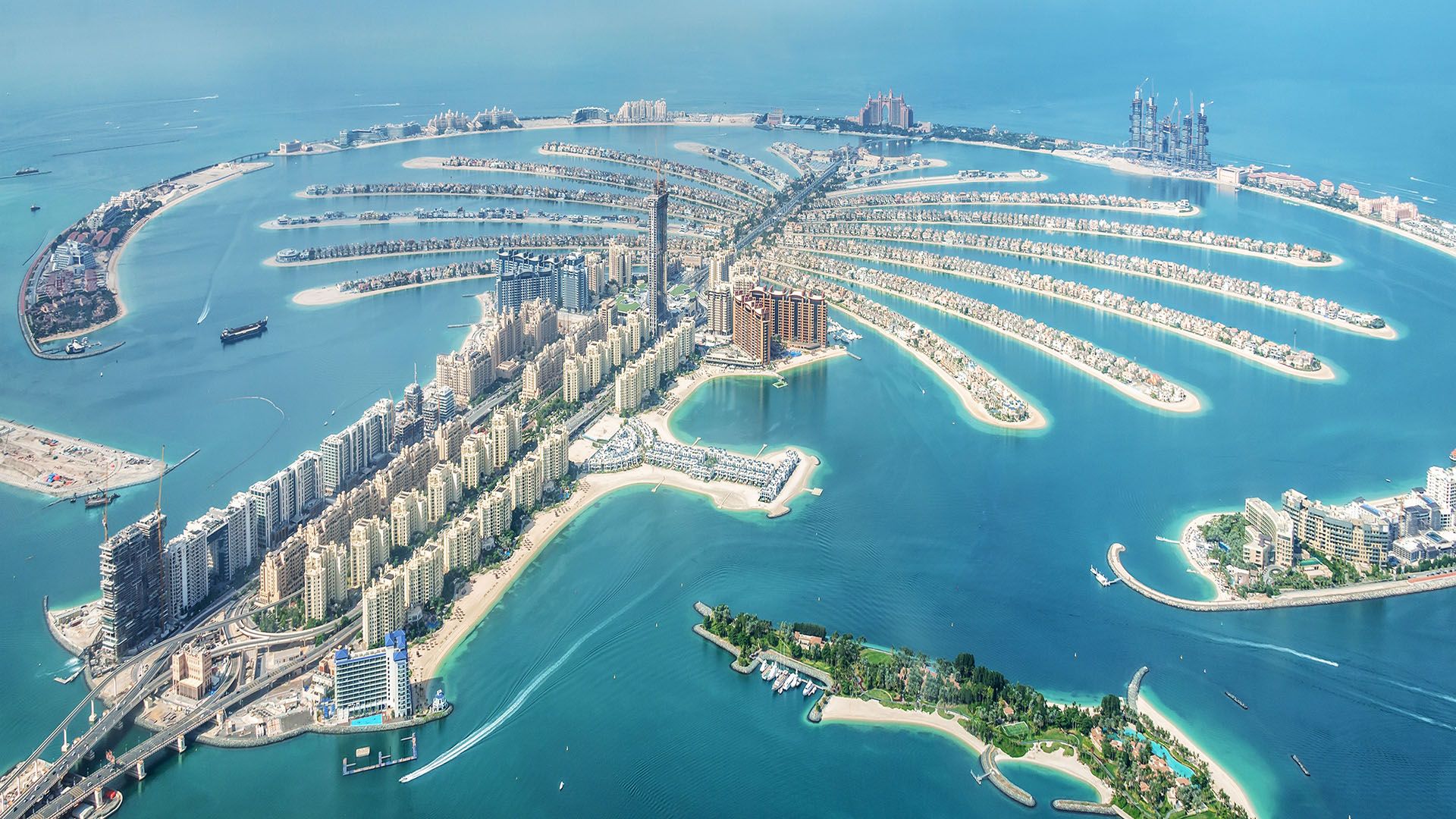Introduction
Dubai has become one of the most attractive business destinations in the world. Entrepreneurs, consultants, and global investors all look to the city as a base for expansion. The reasons are simple: a booming economy, access to global markets, a diverse population, and most importantly, an extremely favorable tax environment.
But here comes the dilemma. Should you set up your company on the mainland or in one of Dubai’s many free zones? Both options have advantages and disadvantages, especially when it comes to taxation, compliance, and cost.
For business owners, saving taxes is not about cutting corners but about choosing the right structure. A company setup that looks cheaper in the short term can become expensive later due to hidden costs or compliance burdens. Understanding the differences between mainland and free zone setups is essential if your goal is to maximize tax efficiency while staying compliant with UAE laws.
In this article, we will take a deep dive into how taxation works in Dubai, how mainland and free zone companies are treated differently, and which option may be the better fit for your situation.
Overview of Taxation in Dubai
Dubai has long marketed itself as a tax-friendly jurisdiction. For years, individuals and companies could enjoy near-zero taxes, with only minimal fees to keep a license active. However, in recent years, changes have been introduced to align with global standards, particularly around corporate tax and transparency.
Here are the key taxes to understand in Dubai today:
- Corporate Tax
- A 9 percent corporate tax applies to companies earning more than AED 375,000 in annual profits.
- Companies below this threshold are exempt from corporate tax.
- Value Added Tax (VAT)
- A flat 5 percent VAT applies to most goods and services.
- Businesses with taxable revenues above AED 375,000 must register for VAT.
- Personal Income Tax
- There is no personal income tax in Dubai. Salaries, dividends, and capital gains are generally tax-free.
- Withholding Tax
- No withholding tax is applied on dividends, interest, or royalties paid out of Dubai.
- Customs Duties
- Mainland companies pay customs duties of around 5 percent when importing goods.
- Free zone companies often benefit from customs duty exemptions if goods remain within the free zone or are re-exported.
Understanding how these taxes apply to mainland versus free zone companies is the first step in making the right decision.

What is a Mainland Company?
A mainland company is registered with Dubai’s Department of Economy and Tourism (DET) and allows the owner to conduct business anywhere in Dubai and the wider UAE.
Key Features of Mainland Companies:
- Can trade directly with UAE customers without restrictions.
- Can bid for government contracts.
- Can rent office space anywhere in Dubai.
- Subject to UAE corporate tax if profits exceed AED 375,000.
- Must comply with the UAE Commercial Companies Law.
Tax Implications for Mainland Companies:
- Corporate Tax: Applicable above the AED 375,000 threshold.
- VAT: Mandatory registration once the business crosses AED 375,000 in revenue.
- Customs Duties: Payable on imported goods.
- Compliance: Must maintain audited financial accounts if revenue exceeds AED 50 million or if specifically required by law.

What is a Free Zone Company?
A free zone company is registered in one of Dubai’s many free zones, such as Dubai Multi Commodities Centre (DMCC), Dubai Internet City, or Dubai Media City. Each free zone has its own authority and licensing structure.
Key Features of Free Zone Companies:
- 100 percent foreign ownership.
- Customs duty exemption for goods imported into the free zone.
- Easy setup with streamlined processes.
- Ability to repatriate profits without restrictions.
- Restricted ability to trade directly with the UAE mainland unless through a local distributor or via a dual license.
Tax Implications for Free Zone Companies:
- Corporate Tax: Free zone companies can qualify for 0 percent corporate tax if they meet the conditions of “qualifying income.” For example, many free zones allow 0 percent tax on income earned from outside the UAE or from business with other free zone companies.
- VAT: Same rules as mainland; registration required if revenue crosses AED 375,000.
- Customs Duties: Exempt if goods remain in the free zone or are re-exported.
- Compliance: Free zones typically require submission of audited accounts at renewal, especially for larger companies.
Key Differences Between Mainland and Free Zone Companies
Here is a comparison across the main categories:
| Aspect | Mainland | Free Zone |
|---|---|---|
| Ownership | 100% foreign ownership now allowed | 100% foreign ownership |
| Trading Rights | Can trade anywhere in the UAE | Limited to free zone and exports; needs distributor for mainland sales |
| Corporate Tax | 9% above AED 375,000 | 0% on qualifying income, 9% on non-qualifying income |
| VAT | Applicable at 5% above threshold | Applicable at 5% above threshold |
| Customs Duties | Payable on imports | Exempt for goods in free zone or re-exported |
| Government Contracts | Eligible to bid | Not eligible |
| Office Space | Can rent anywhere in Dubai | Must lease within the free zone |
| Audit Requirement | Required above certain thresholds | Required for renewals, varies by zone |

Tax Savings Potential in Mainland vs Free Zone
The biggest tax-saving opportunity comes with corporate tax.
- Free Zone Advantage:
Free zone companies can potentially pay 0 percent corporate tax if they qualify under the “Qualifying Free Zone Person” rules. This usually means:- The company earns income from outside the UAE or from within the free zone system.
- The company maintains adequate substance in the free zone (office, employees).
- The company complies with annual audit and reporting requirements.
- Mainland Limitation:
Mainland companies automatically fall under the 9 percent tax regime if profits exceed AED 375,000. However, if your business requires working directly with UAE customers, this may be unavoidable. - VAT Impact:
VAT is neutral for both structures since both mainland and free zone companies must register above the AED 375,000 threshold. - Customs Duties:
Free zones offer customs duty savings on imports, which can be significant for trading companies. Mainland companies cannot avoid these charges.
Which Setup Works Best for You?
Choose Mainland if:
- You plan to serve local UAE customers directly.
- You want to bid for government contracts.
- You need the flexibility to open offices anywhere in Dubai.
- Your revenue is relatively small and below the corporate tax threshold.
Choose Free Zone if:
- You will focus on international clients and exports.
- You want to maximize corporate tax savings.
- You want customs duty exemptions on imports and re-exports.
- You want faster setup and simpler licensing.

Case Study 1: A Marketing Consultant
A marketing consultant working with international clients can benefit significantly from a free zone setup. Their income qualifies as foreign-sourced, meaning they can remain at 0 percent corporate tax. Compliance costs are lower, and no customs duties apply since no goods are imported.
Case Study 2: A Retail Business
A retail business with a physical store in Dubai Mall must register as a mainland company. Free zone companies cannot sell directly in the mall without involving a mainland distributor. Although they pay corporate tax on profits above AED 375,000, this is offset by access to the UAE consumer market.
Case Study 3: A Trading Company
A trading company importing electronics from Asia and re-exporting to Africa would benefit from a free zone setup. Goods imported into the free zone are exempt from customs duty. If most clients are international, corporate tax can be minimized under qualifying income rules.
Compliance Considerations
Whichever option you choose, compliance is essential. Both mainland and free zone companies must:
- Maintain proper accounting records.
- File VAT returns if registered.
- Submit audited accounts where required.
- Renew licenses annually.
Failing to comply can result in heavy penalties and even suspension of business activities.
The Future of Taxes in Dubai
While Dubai continues to be one of the most tax-friendly places in the world, it is also aligning with global standards. Corporate tax was the first major step, and experts believe more measures could come in the future.
That said, Dubai is unlikely to introduce personal income tax in the near term, as this would harm its attractiveness as a global hub. The government remains committed to keeping the city business-friendly.

Conclusion
The choice between mainland and free zone setup in Dubai largely comes down to your business model and tax priorities.
- If your goal is to maximize tax savings and focus on international business, a free zone setup is usually the better choice.
- If your priority is to serve the local UAE market, a mainland setup is the practical option despite higher tax obligations.
Both options can be tax-efficient when structured correctly. The key is to evaluate your client base, revenue projections, and long-term business goals.
By taking the time to understand the differences between mainland and free zone taxation, you can make an informed decision that keeps your business compliant while optimizing for growth and profitability.
If you are weighing the pros and cons of a mainland or free zone setup, it often helps to have experts who stay up to date with every new regulation. Firms like GenZone work with entrepreneurs, consultants, and global businesses every day, handling the paperwork, compliance, and banking so that owners can focus on growth. Their team has built strong relationships with Dubai free zones and banks, making the process smoother and less stressful for clients.

